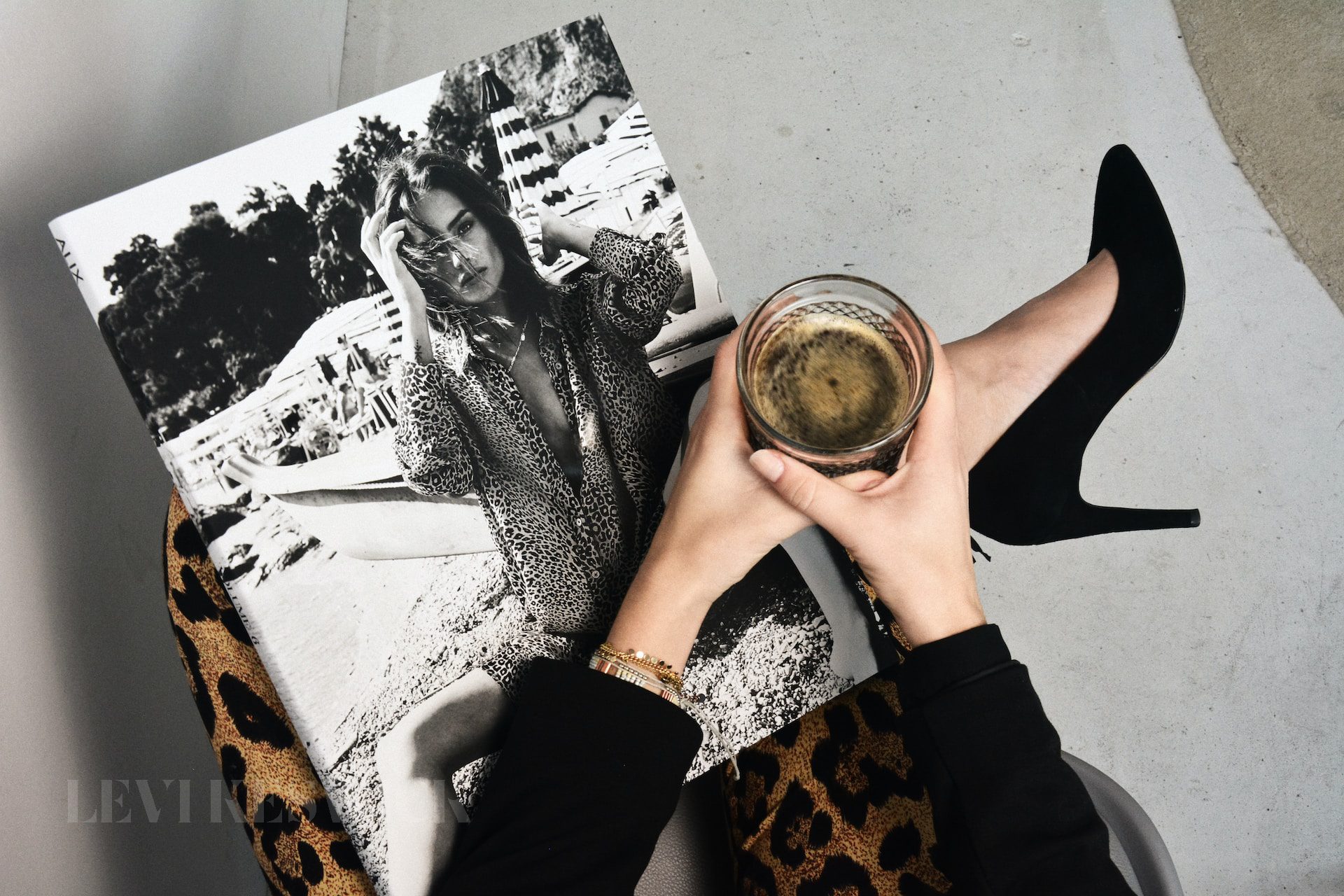Key Takeaways:
- Influencer marketing, once primarily utilized by beauty and everyday fashion brands, has become a powerful tool for luxury brands like Chanel.
- Heritage luxury brands initially hesitated to adopt influencer marketing, but social media influencers are emerging as the new fashion authorities, commanding significant engagement.
- Luxury brands are finding innovative ways to integrate influencer marketing into their strategies, especially during the challenges posed by the COVID-19 pandemic.
- The future of luxury fashion branding will likely involve more collaborations with influencers, as they offer an organic and engaging approach to showcasing products.
The Influencer Paradigm Shift in Luxury Fashion
For years, luxury fashion brands, such as Chanel, have operated within an aura of exclusivity and a distinct creative vision. This approach has often led these brands to favor high-profile celebrity partnerships over other marketing strategies. However, with the rise of social media, the dynamics of fashion marketing are rapidly changing. The emergence of influencer marketing, initially embraced by beauty and mainstream fashion brands, is now proving to be a game-changing tool for high-end luxury fashion houses.
The Chanel influencer marketing strategy demonstrates this paradigm shift effectively. Unlike traditional advertising methods, influencer marketing provides an organic means for luxury brands to connect with their audiences. Fashion influencers are the most prolific content creators for luxury fashion brands, organically tagging their favorite high-end products in their ‘Outfit of The Day’ posts, thereby demonstrating authentic brand affinity that resonates with their followers.
The Power of Influencer Engagement Amid Challenges
The COVID-19 pandemic has posed numerous challenges for the traditional in-person events integral to luxury brand marketing, such as fashion shows and launch parties. Despite these obstacles, top luxury brands like Chanel, Fendi, and Miu Miu have devised innovative ways to engage with their audiences.
As a prime example, during Paris Fashion Week 2020, Chanel’s influencer marketing strategy centered around inviting influencers to virtually participate in their Hollywood-inspired fashion show. Despite the lack of physical attendance, the brand successfully stirred conversations around its collection by encouraging influencers to dress up while watching the show remotely, leading to a significant increase in earned media value (EMV).
Crafting a Narrative: Luxury Brands and Influencer Collaborations
Fendi and Miu Miu are other examples of luxury fashion brands successfully leveraging influencer marketing. Fendi incorporated influencers into their brand narrative by inviting them to customize their iconic Peekaboo handbags at a pop-up event. This move prompted an uptick in the brand’s EMV, demonstrating the tangible benefits of engaging influencers in brand narratives.
Miu Miu, on the other hand, invited influencers to participate in their #MiuMe campaign and featured influencers in their Spring 2021 collection, leading to an impressive surge in the brand’s EMV.
Conclusion: The Influencer-Driven Future of Luxury Fashion
The success of Chanel influencer marketing, as well as that of Fendi and Miu Miu, underscores the importance of influencers in shaping the future of luxury fashion branding. Social media influencers are driving significant engagement for these brands, demonstrating the tangible rewards of investing in influencer marketing and building proactive relationships with these powerful content creators.
As we move forward, it is essential for luxury fashion brands to recognize and harness the power of influencer marketing. The future of luxury fashion branding lies in more collaborations with influencers, offering an organic, engaging, and inclusive approach to showcasing products. By doing so, luxury brands can maintain their exclusivity and heritage while also evolving with the ever-changing landscape of the digital age.








